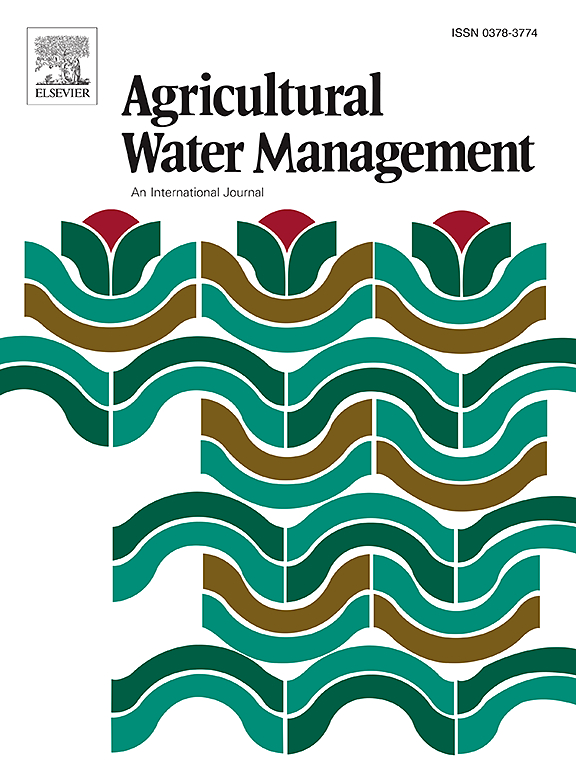Carbon incentives and farm economics: A study of peatland drainage optimization
IF 5.9
1区 农林科学
Q1 AGRONOMY
引用次数: 0
Abstract
Natural, waterlogged peatlands are recognized as the most efficient carbon storage ecosystems, playing a critical role in climate regulation. However, in Europe, agriculture on drained peat soils — although comprising only 2.5 % of the agricultural area — contributes disproportionately, generating approximately 25 % of the EU’s total agricultural greenhouse gas emissions. This study examines the potential of drainage optimization and rewetting as strategies to reduce emissions from peatlands while balancing agricultural productivity. We quantitatively analyse the production, land use, and economic implications for farmers in two different farm scenarios using economic modelling and dynamic optimization. Our analysis evaluates the impact of carbon subsidy pricing on crop diversity and farmer income. Results indicate that while carbon subsidy prices have minimal influence on crop rotation diversity, they significantly affect farmers' income. With a subsidy price of 30€ per ton of CO2 equivalent, or 80€ per ton in the case of high-value crops, farmers transition into "carbon farmers", obtaining higher share of total net present value from carbon subsidies rather than traditional agricultural income. Furthermore, the majority of climate benefits, including GHG reduction, are realized already at the 30€/tCO2e subsidy threshold. The findings suggest that carbon subsidies could offer a viable financial incentive for farmers to adopt peatland rewetting practices, which could reduce GHG emissions substantially. However, subsidy designs need careful calibration to ensure they do not distort agricultural practices or reduce crop diversity, while still delivering significant climate benefits.
碳激励与农业经济:泥炭地排水优化研究
天然的浸水泥炭地被认为是最有效的碳储存生态系统,在气候调节中发挥着关键作用。然而,在欧洲,排干的泥炭土上的农业——尽管只占农业面积的2.5% %——贡献不成比例,产生了大约25% %的欧盟农业温室气体排放总量。本研究探讨了排水优化和再湿润作为减少泥炭地排放同时平衡农业生产力的战略的潜力。我们使用经济模型和动态优化,定量分析了两种不同农场情景下的生产、土地利用和对农民的经济影响。我们的分析评估了碳补贴定价对作物多样性和农民收入的影响。结果表明,虽然碳补贴价格对作物轮作多样性的影响很小,但对农民收入的影响显著。补贴价格为每吨二氧化碳当量30欧元,高价值作物为每吨80欧元,农民转型为“碳农民”,从碳补贴中获得比传统农业收入更高的总净现值份额。此外,包括温室气体减排在内的大部分气候效益已经在每吨二氧化碳当量30欧元的补贴门槛上实现。研究结果表明,碳补贴可以为农民采取泥炭地再湿润措施提供可行的财政激励,从而大大减少温室气体排放。然而,补贴设计需要仔细校准,以确保它们不会扭曲农业实践或减少作物多样性,同时仍能带来显著的气候效益。
本文章由计算机程序翻译,如有差异,请以英文原文为准。
求助全文
约1分钟内获得全文
求助全文
来源期刊

Agricultural Water Management
农林科学-农艺学
CiteScore
12.10
自引率
14.90%
发文量
648
审稿时长
4.9 months
期刊介绍:
Agricultural Water Management publishes papers of international significance relating to the science, economics, and policy of agricultural water management. In all cases, manuscripts must address implications and provide insight regarding agricultural water management.
 求助内容:
求助内容: 应助结果提醒方式:
应助结果提醒方式:


